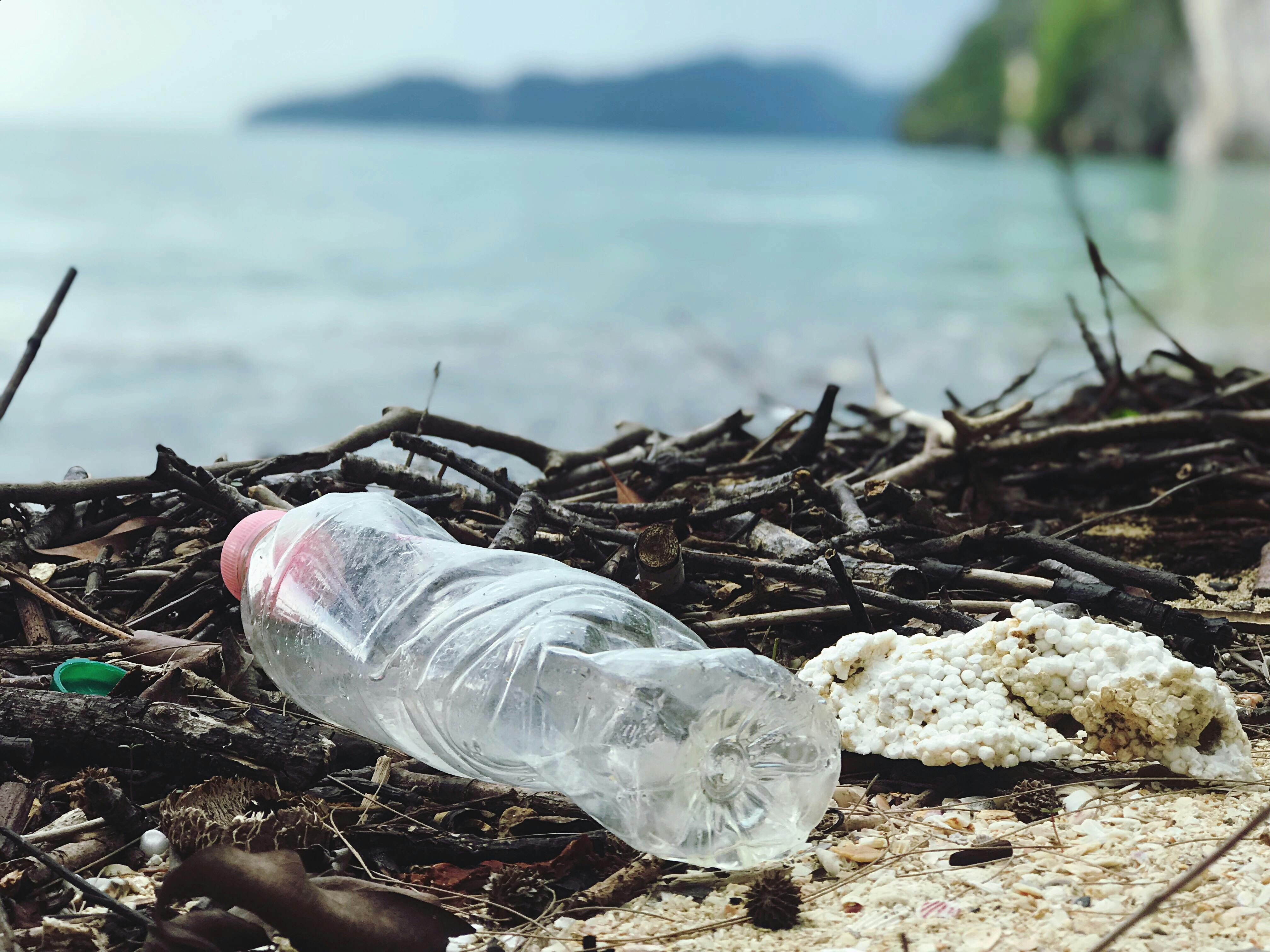Factors affecting the intentions to implement a “no plastic policy” in Cotabato City, Philippines
DOI:
https://doi.org/10.59120/drj.v14i1.98Keywords:
Environmental conservation, plastic pollution, pro-environmental policy, structural equation model, waste managementAbstract
Plastic materials are one of the contributors to environmental problems. The detrimental effects of plastic pollution on the environment and human health are well established. Currently, the Philippines has been considered one of the countries which have high plastic loads which are mostly mismanaged. Although several measures and policies were already laid down, however, these were not properly implemented. Thus, determining the factors that may affect the proper implementation of pro-environmental policies is very important to mitigate the effects of plastic pollution. In this study, the factors affecting the intentions to implement the no-plastic policy among the junior high school students at Notre Dame University, Cotabato City were investigated. This study applies the Theory of Planned Behavior (TPB) and employs Structural Equation Model (SEM) to determine the factors affecting the intentions to implement a no-plastic policy. A total of 210 students were randomly surveyed in this study. Results showed that attitude (ATT) and subjective norms (SN) were found to have no significant direct effect on implementing the no-plastic policy. School administrators and policymakers should come up with plans and programs that may boost the students’ attitudes and subjective norms to improve their intention to implement a no-plastic policy. The conduct further studies to increase the number of respondents and inclusion of tertiary students will help to validate the results of this study.
Downloads

Downloads
Published
Issue
Section
License
Copyright (c) 2023 Katherine G. Suminguit, Rhea B. Piguing, Harris B. Lumogdang, Aprelle Ann P. Torio, Christine V. Acuna, John Paul A. Catipay, Peter Jan D. de Vera

This work is licensed under a Creative Commons Attribution-NonCommercial 4.0 International License.
DRJ is an open-access journal and the article's license is CC-BY-NC. This license allows others to distribute, remix, tweak, and build on the author's work, as long as they give credit to the original work. Authors retain the copyright and grant the journal/publisher non-exclusive publishing rights with the work simultaneously licensed under a https://creativecommons.org/licenses/by-nc/4.0/.





